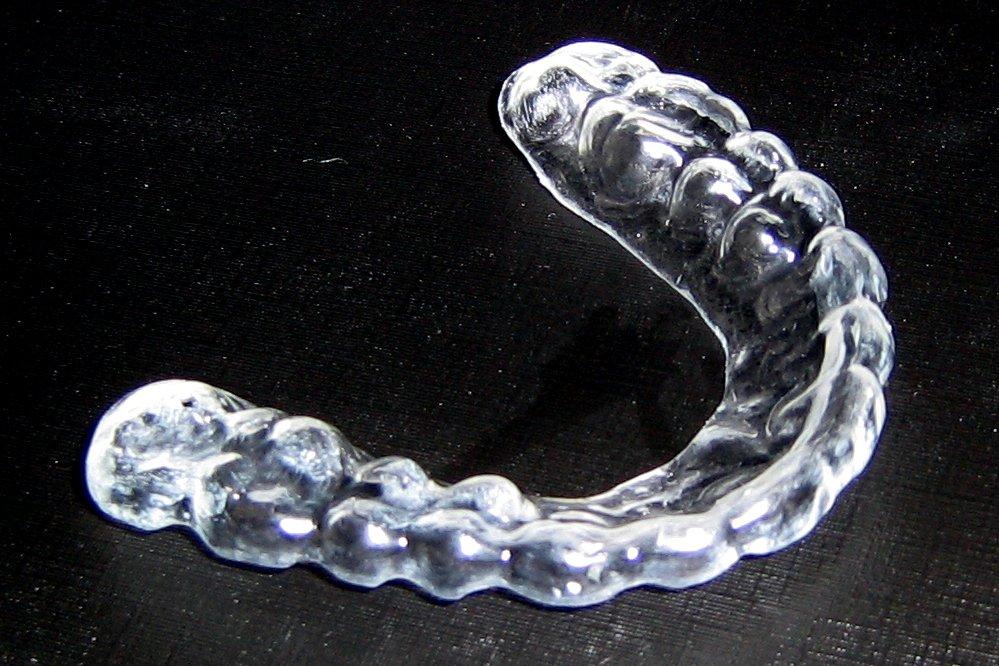New Saliva Test Could Reveal Deadly Diseases
Research being conducted at the University of California-Los Angeles could lead to the development of a simple saliva test capable of early stage diagnosis of

Explore our blog to stay informed about the latest dental topics, tips for a healthier smile, and expert insights from our team. Whether you’re curious about treatments, oral care routines, or new advancements in dentistry, our blog has you covered!
Research being conducted at the University of California-Los Angeles could lead to the development of a simple saliva test capable of early stage diagnosis of

As the weather turns bright and sunny, those of us who live in the Northwest are more than happy to start our various outdoor activities.
Considering the long hours many people put in at work and the continual demands placed on them by family commitments upon eventually returning home, it’s

Halloween is almost upon us, and soon all those little goblins, ghouls, and witches will be lining up at your door with hands outstretched. Most

Here at Salmon Creek Family Dental, the dentist in Vancouver WA, we have patients who are expecting and ask us questions regarding oral health care. When
As with most things in life, the older people get, the more attention they have to pay towards maintaining their health. Just as knees and